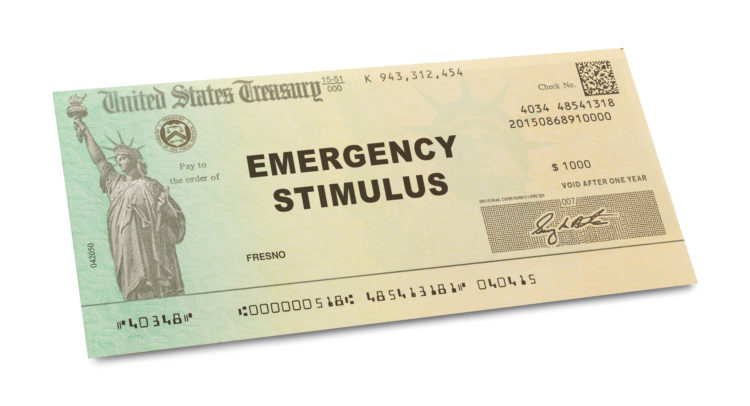The Nigerian Emergency Economic Stimulus Bill: All You Need to Know
Overview
On 24 March 2020, the House of Representatives introduced and passed the Nigeria Emergency Economic Stimulus Bill, 2020. The draft law was passed by the members of the House of Representatives as a response to the COVID-19 pandemic to provide aid to businesses and individuals in Nigeria. The Bill forms part of the Nigerian Federal Government’s concerted effort to stimulate the economy and cushion the effects of travel restrictions and business disruptions from COVID-19.
What is the Objective of the Bill?
The Bill aims to:
- provide temporary relief to companies and individuals to alleviate the adverse financial consequences of a slowdown in economic and business activities caused by COVID-19;
- protect the employment status of Nigerians who might otherwise become unemployed as a consequence of management decision to retrench personnel in response to the prevailing economic realities;
- provide for a moratorium on mortgage obligations for individuals at a time of widespread economic uncertainty;
- eliminate additional fiscal bottleneck on the importation of medical equipment, medication, personal protection equipment and other such medical necessities as may be required for the treatment and management of the COVID-19 disease in Nigeria, to ease the burden of importation and financial burden thereby fostering easier access and reduction in the price; and
- cater for the general financial wellbeing of Nigerians pending the eradication of the pandemic and a return to economic stability.
How does the Bill aim to achieve its objectives?
The Bill aims to achieve its objectives by (i) providing a tax rebate for employers and business owners; (ii) deferring the payment of mortgages under the National Housing Fund; and (iii) waiving the import duties on medicines and medical goods. These measures are explained below.
- Rate of Tax and Special Rebate
The Bill provides for a 50% income tax rebate on the actual amount due or paid as Pay As You Earn Tax under the Personal Income Tax Act by employers. However, for an employer to enjoy the tax rebate, the employer must (i) be registered under the Companies and Allied Matters Act (CAMA); and (ii) ensure that it maintains the same employee workforce status , without retrenching any staff member employed as at 1st March, 2020 which is (the proposed date of commencement of the law) until the rest of the year ending 31 December 2020.
The implication of the above is that only entities registered pursuant to Parts A (Companies) and B (Business Names) of CAMA shall be entitled to the tax rebate. A business entity without any registration status or a non-governmental organisation is excluded. Employers whose businesses are partly or wholly regulated by the Petroleum Profits Tax Act are also excluded from tax rebate under the Bill.
An employer shall still be entitled to the tax rebate notwithstanding that an employee dies of natural causes, voluntarily terminates his employment or before the commencement date of the Bill, has already indicated his interest to leave the employer’s employ, or where the employee breaches the provision of the Labour Act.
- Deferral of payment of Mortgages under the National Housing Fund
The Bill proposes that all payment of mortgage obligations on residential mortgages obtained by individual contributors to the National Housing Fund be deferred for a period of One hundred and eighty (180) days subject to a majority vote by members of the National Assembly.
- Import duty waiver on medicines and medical goods
The Bill also proposes a waiver of import duties on medical equipment, medicines, personal protection equipment and other such medical necessities as may be required for the treatment and management of the COVID-19 disease in Nigeria.
Other Provisions
The Minister of Health is empowered to specify such goods that qualify for the waiver and where the pandemic extends beyond 31 December 2020, the president is empowered to extend the rebate period, the period for the deferral of payment of mortgage under the National Housing Fund and the period for the waiver of import duties on medicines and medical goods subject however to ratification by a majority of the members of the National Assembly.
Conclusion
The Bill is expected to be transmitted to the Senate for concurrence, after which it would be forwarded to President Muhammadu Buhari for assent.
Please find the summary note here: Nigeria Emergency Economic Stimulus Bill – All You Need to Know



Comments are closed